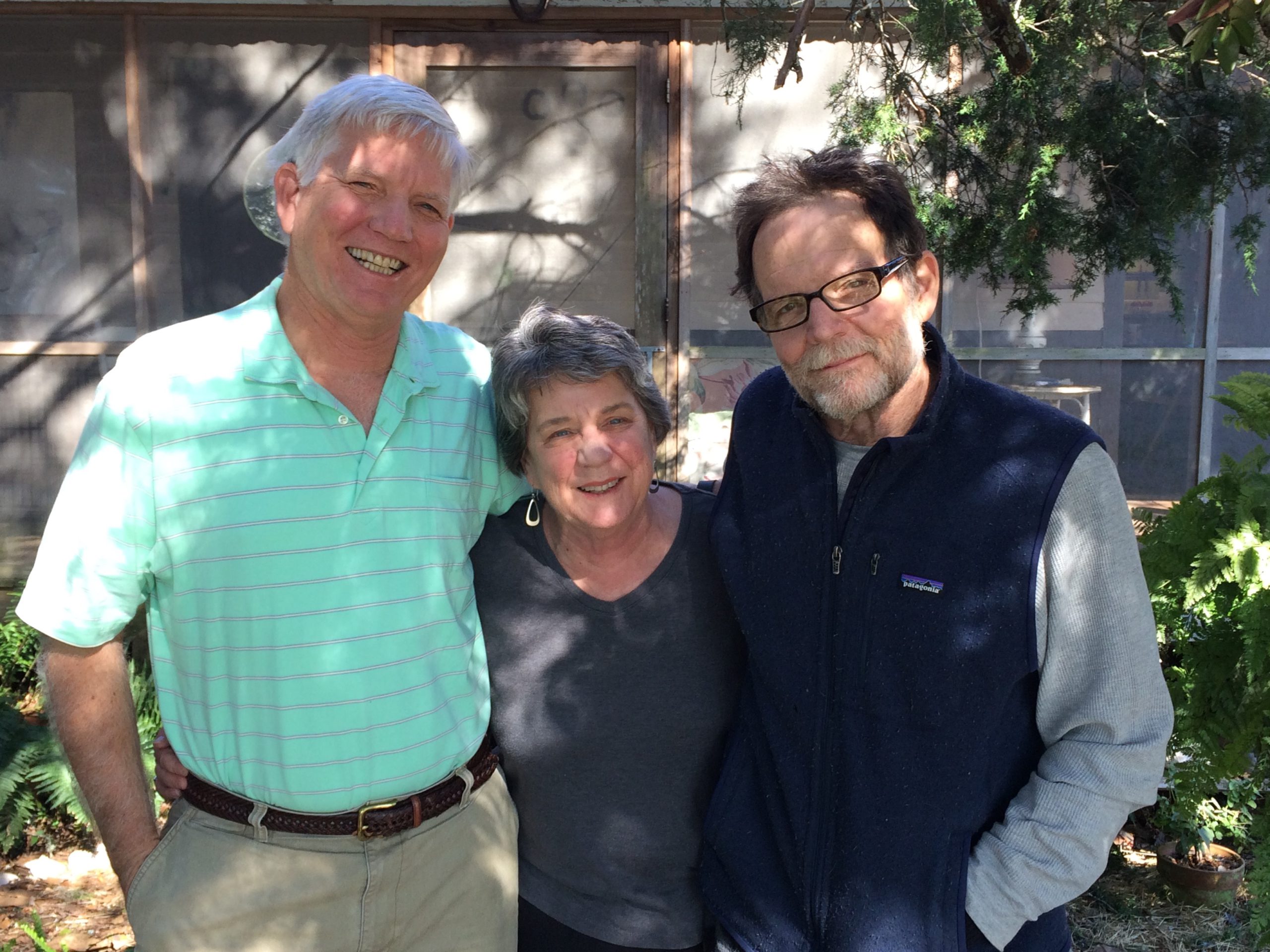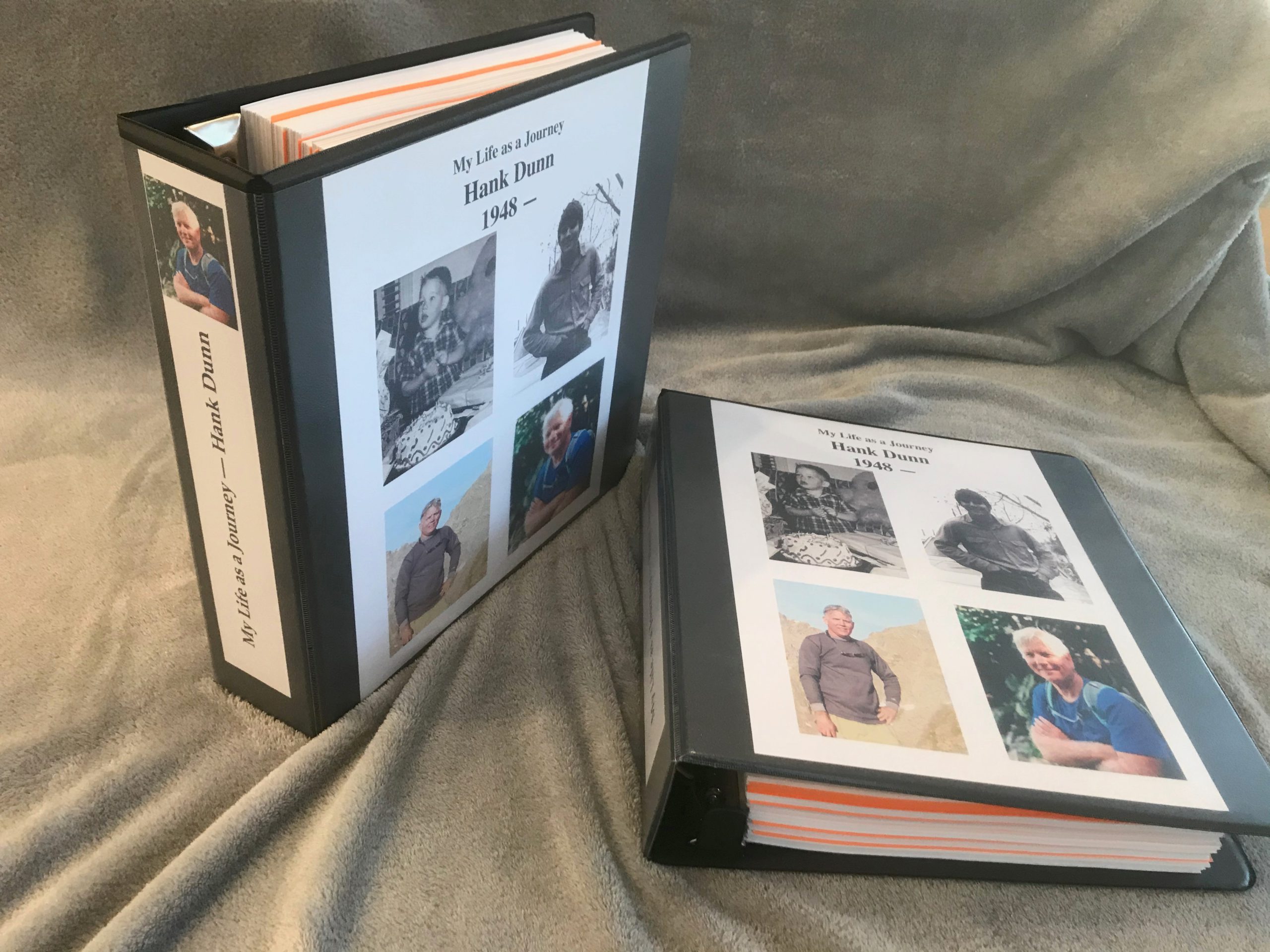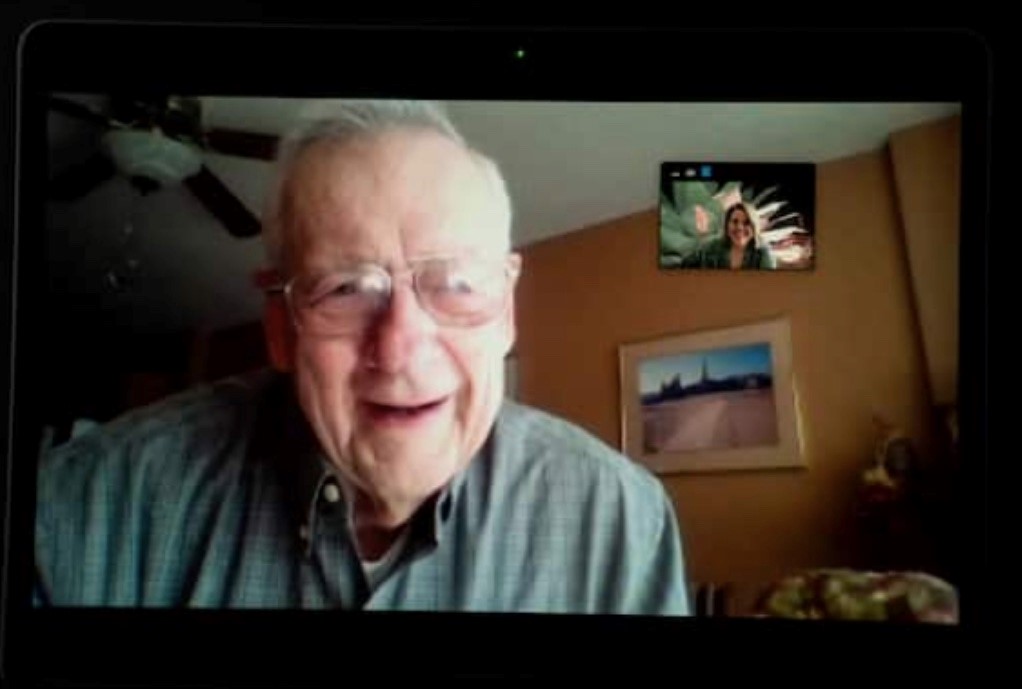“The death of one man is a tragedy. The death of millions is a statistic.” ―Joseph Stalin
NEWS ITEM: “Life expectancy in the United States fell by a full year during the first half of 2020 [to 77.8 years], a staggering decline that reflects the toll of the COVID-19 pandemic as well as a rise in deaths from drug overdoses, heart attacks and diseases that accompanied the outbreak…” Washington Post, February 17, 2021
“The days of our years are threescore years and ten; and if by reason of strength they be fourscore years, yet is their strength labor and sorrow; for it is soon cut off, and we fly away.” ―Psalm 90:10
NEWS ITEM: Last week, Hank Dunn celebrated his birthday on Zoom with his family in Colorado, Virginia, North Carolina, and Mississippi. His age is north of the biblical “threescore and ten” and south of “fourscore.”
I tend to take life expectancy tables personally.
Here’s a sobering statistic — of every 100,000 people born in my birth year, only 73,246 are still living. CDC report “United States Life Tables.”
But wait…there’s more! Of those my age, our life expectancy is now about 14 years. That means in 14 years half of those my age who were alive in 2021 will be dead. So, it’s 50-50 I will make it to 2035.

Me with my sister, Janice, and my brother Dennis, 2017. Two weeks after this photo was taken, Dennis died on my birthday.
And looking at the stats closer to home is just as sobering. Of the six people in my family of origin (me, my parents, two brothers, and a sister) only two of us are still living. I hate to agree with Stalin. But the fact that 26,754 out of 100,000 people in my cohort are now dead is a statistic to me. But when my 64-year-old brother, Dennis, died on my birthday in 2017 — that was a tragedy.
Passing 70 and living under the threat that I could die abruptly from COVID-19 has gotten me thinking about legacy. What do I want to leave emotionally and spiritually to my children and grandchildren? And what about all this stuff I have written — some of it quite personal and self-revealing?
“Depend upon it, sir, when a man knows he is to be hanged in a fortnight, it concentrates his mind wonderfully.” ―Samuel Johnson (d. 1784)
I have said to myself what I tell patients with a terminal diagnosis, “Keep your regret list short.” If I were to die, are there things I would have regretted leaving undone? Gathering my personal writings like a memoir has been on my list. Thinking about my own death is not depressing to me. In this moment of time, while I am healthy, I agree with Samuel Johnson — thinking about my death concentrates my mind wonderfully.
 I have been organizing things I have written over the last 45 years or so, and they are legion. I have printed out almost 700 pages and gathered them in two-inch thick binders. In these pages I can trace my spiritual growth (or lack thereof) over those years. I wrote about family tragedies, joys, and hurts I sustained.
I have been organizing things I have written over the last 45 years or so, and they are legion. I have printed out almost 700 pages and gathered them in two-inch thick binders. In these pages I can trace my spiritual growth (or lack thereof) over those years. I wrote about family tragedies, joys, and hurts I sustained.
Do I expect all my children and grandchildren to read all this stuff? Hardly. I would rather make it available and they never be read than someday one of them wonder what my thoughts were about a family event and not have my spin on it.
Keep your regret list short.
Check.



